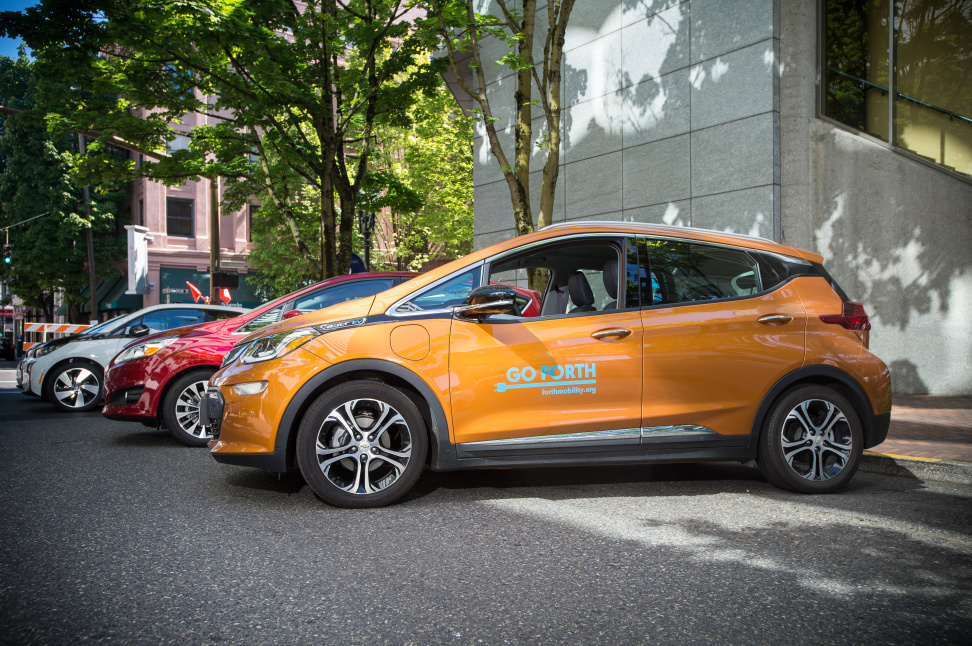
Electric Mobility For All
By: Forth
Our February event in Seattle focused on the mobility needs of traditionally underserved communities. We were joined by guest speaker Joel Espino, Environmental Equity Legal Counsel at The Greenlining Institute, a California non-profit working to advance economic opportunity and empowerment for people of color. Joel discussed the projects the Institute is spearheading, highlighting the lessons learned and challenges. The three most important takeaways from Joel’s presentation were:
We have to understand the problem in order to find the solution. There is a disproportionate impact of air pollution on communities, which has created a burden for people of color. A historical record of actions sponsored by institutions has created inequality through redlining, race covenants and other unjust practices. There must be components of economic and transportation justice embedded in practices in order to provide accessibility. One cannot be done without the other.
California is leading a number of projects which break down transportation barriers. The Charge Ahead California Initiative was passed with a goal of getting one million EVs on the road by 2023 and increasing access in low income and communities of color. The California Air Resources Board (CARB) designated funding to create the equity programs blueLA, Our Community CarShare Sacramento and California Climate Investments. The Scrap & Replace (Clean Cars 4 All) program provides low-income households with a voucher of up to $9,500 to be used towards the purchase of a new or used electric vehicle. This program is currently operating in Central Valley, the LA region and has plans to bring other regions online in the coming year. Green Raiteros and Van Y Vienen are rural EV rideshare programs which build on existing community ridesharing and vanpool. The Van Y Vienen program is led by the Leadership Counsel for Justice and Accountability while the Green Raiteros program is led by Valley LEAP.
There is much to be learned from California’s pilot projects. These projects were created to solve a complex problem and will require taking an interdisciplinary approach to find the solution. It is important to build trust within the community and listen to what their needs are, while also prioritizing equity into all aspects of transportation planning and decisions. Challenges that California faces include a lack of buy-in or trust from the community, a high perceived risk from the private sector, and a lack of bold equity leadership from the public sector.
Joel's presentation can be viewed here:


